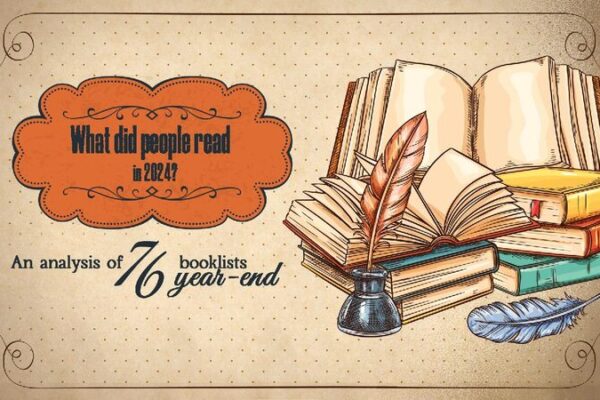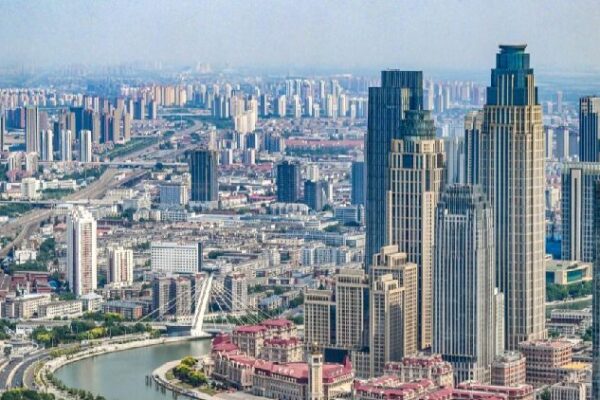Introduction
In the late 19th and early 20th centuries, China faced significant internal strife and external pressures. Amidst this turmoil, the nation sought a path to restore its sovereignty and revitalize its society. One of the philosophies that emerged during this quest was Marxism, which offered a framework for drastic social and economic change.
The Appeal of Marxism
Marxism, with its emphasis on class struggle and the overthrow of oppressive systems, resonated with many Chinese intellectuals who witnessed the suffering of the peasantry and the working class. The promise of a classless society where resources are shared equally appealed to those disillusioned with the existing feudal system and imperial rule.
The Role of Leaders
Figures like Mao Zedong championed Marxist ideas, adapting them to the Chinese context. They believed that Marxism could address China’s unique challenges by uniting the masses against imperialism and feudalism. This adaptation led to the development of Maoism, a variant of Marxism tailored to China’s needs.
Impact on Modernization
Marxism became the guiding ideology of the Chinese Communist Party (CCP), leading to the establishment of the People’s Republic of China in 1949. Since then, Marxism has played a crucial role in China’s policies and reforms. The government has implemented strategies to modernize the economy, reduce inequality, and improve living standards, all influenced by Marxist principles.
Marxism Today
Over a century later, Marxism continues to shape China’s development. While the nation has incorporated market mechanisms to boost economic growth, the core ideals of Marxism remain embedded in its governance and societal goals. China views Marxism as integral to achieving modernization and advancing its unique model of socialism.
Conclusion
The adoption of Marxism was a pivotal moment in China’s history. It provided a solution to the challenges of the time and laid the foundation for the country’s ongoing transformation. Understanding this choice helps explain China’s current policies and its vision for the future.
Reference(s):
cgtn.com








